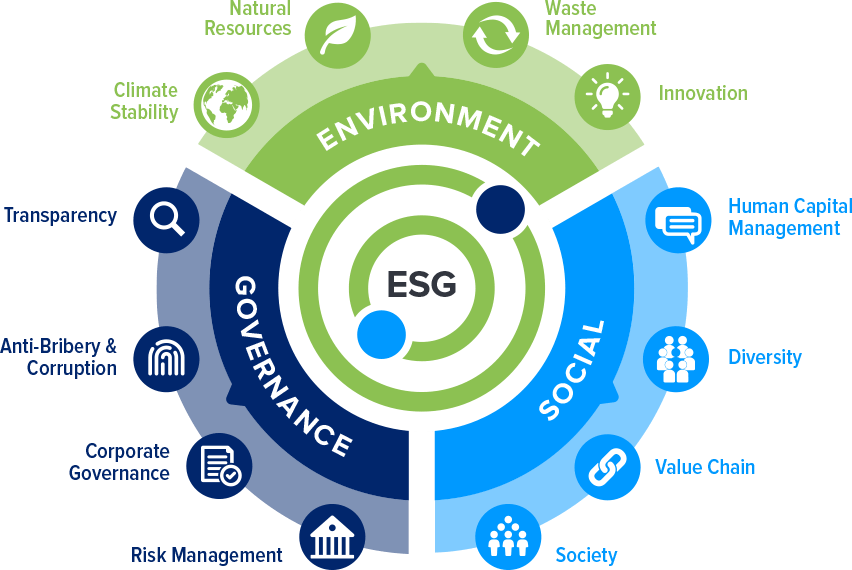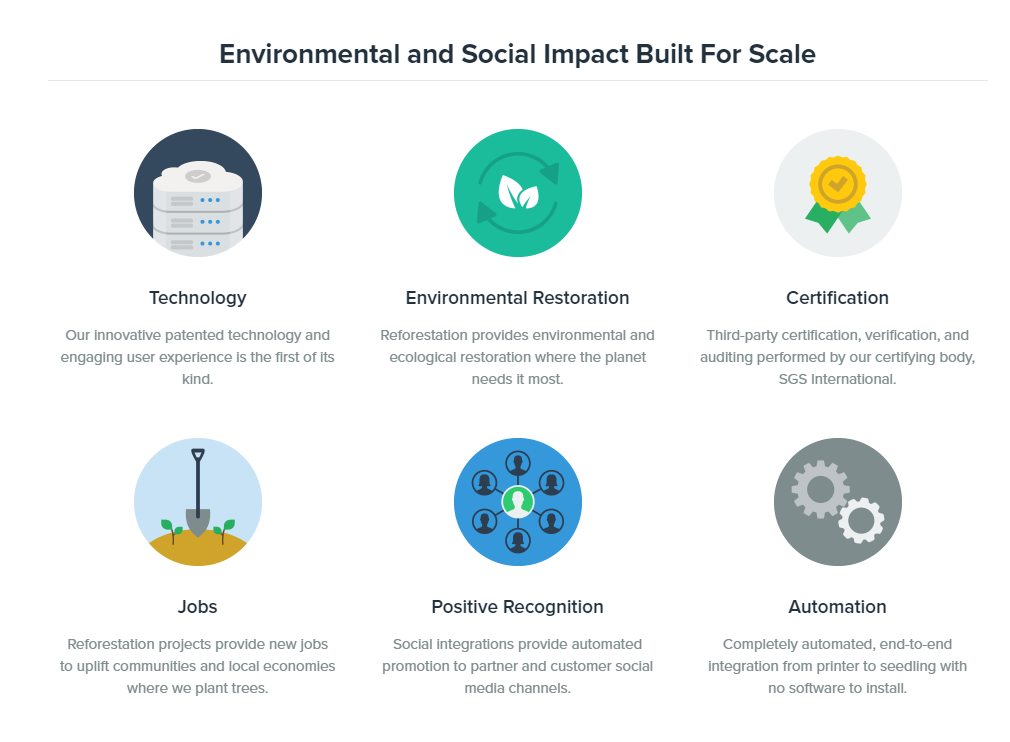Environmental, social, and governance (ESG) metrics are shaping the development and operation of businesses around the world. The business community is increasingly challenged by regulatory, reporting, and customer demands on the societal impact of their operations across multiple dimensions, especially in industries such as construction and logistics.
What is ESG?
The ESG framework is made up of three core categories, which include:
- Environmental: This refers to how “green” your organization is. How does it manage its carbon footprint and impact on the planet? Are you using resources efficiently? Are you undergoing proper waste management to minimize carbon emissions and sustain biological environments? Cutting corners when it comes to considering environmental impact can lead to lost investments, poor consumer sentiment, reputational damage, and other economic risks.
- Social: This refers to how a business treats its surrounding people and cultures, including labor rights, privacy protections, customer satisfaction, and also how you treat your employees.
- Governance: This refers to how well-managed a company is on the inside. Doing well in this category involves instilling the right policies and procedures into your workflow to reduce regulatory noncompliance. It also means transparency in your processes, your ability to audit yourself, and the makeup of your executive boards.

Does ESG apply to me?
Although not all ESG reporting frameworks are currently mandatory in the UK, post-Brexit the government is moving to include more of them in business compliance reporting. Many consumers are now also making more conscious choices in the businesses they invest in and support, with the rise in impact investing. The ESG reporting framework allows businesses to easily provide this information to potential customers, as well as prepare for any future changes in legislation.
Some specific metrics that come under the ESG regulation reporting umbrella that are mandatory include:
- Greenhouse gas reporting: Mandatory for quoted companies since 2013 under the Companies Act 2006 (Strategic Report and Directors’ Report) Regulations 2013
- Energy use: Quoted companies must report on their global energy use, and large businesses must disclose their UK annual energy use and greenhouse gas emissions. This is required by the Companies (Directors’ Report) and Limited Liability Partnerships (Energy and Carbon Report) Regulations 2018.
- Gender pay gap: Any employer with a headcount of 250 or more must comply with gender pay gap reporting regulations.
- Modern Slavery: UK organisations with an annual turnover of £36 million or more must publish an annual statement setting out the steps to prevent modern slavery.
There are numerous guidelines and frameworks in existence that organisations can adopt to facilitate reporting and compliance with ESG regulations, including:
- Task Force on Climate-Related Financial Disclosure (TCFD)
- Sustainability Accounting Standards Board (SASB)
- Carbon Disclosure Project (CDP)
- International Integrated Reporting Framework (IIRC)
- Global Reporting Initiative (GRI)
- UN Principles for Responsible Investment (PRI)
How can future® help?
With a Sustainable Managed Print Solution from future®, you can easily offset your carbon emissions and reduce your energy usage, helping to meet your targets for the environmental portion of your ESG compliance.
Find out more about the Turn Down the Heat Campaign here and click here for more on our partnership with Epson.
PrintReleaf Partnership
As part of a sustainable managed print solution with future®, you will further offset any carbon emissions from your business with your included PrintReleaf account.
PrintReleaf offsets your carbon emissions by planting trees in forests around the world according to your print output. You can choose from a selection of certified forests from your online portal and track the number of trees planted on your behalf at any time.

Find out more about our partnership with PrintReleaf here.
FARMS
With our future® Automatic Remote Management Software (FARMS), we monitor your machines remotely. This allows us to highlight any faults early and supply proactive onsite and remote support so you can focus on running your business without any downtime. This reduces the need for our engineers to travel to your site, reducing carbon emissions. We will monitor and review your solution at regular intervals, formulating a roadmap for your journey to a more sustainable printing future.
Find out more about FARMS here.

